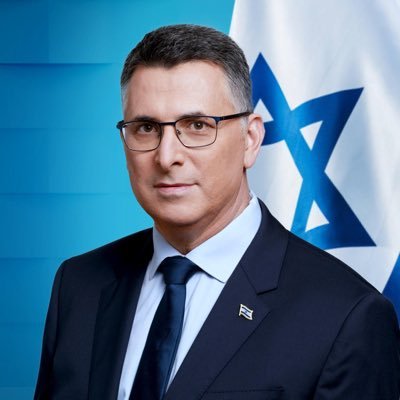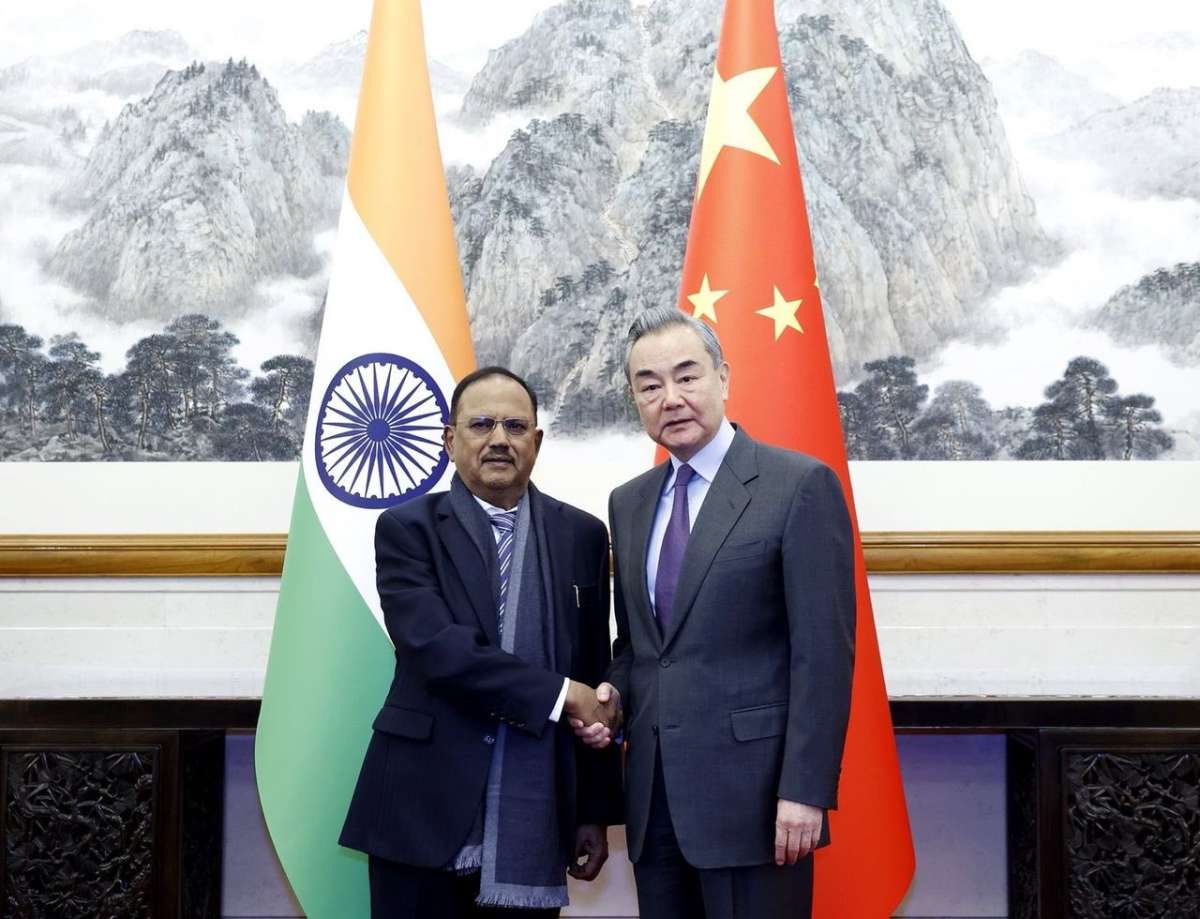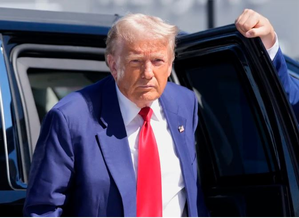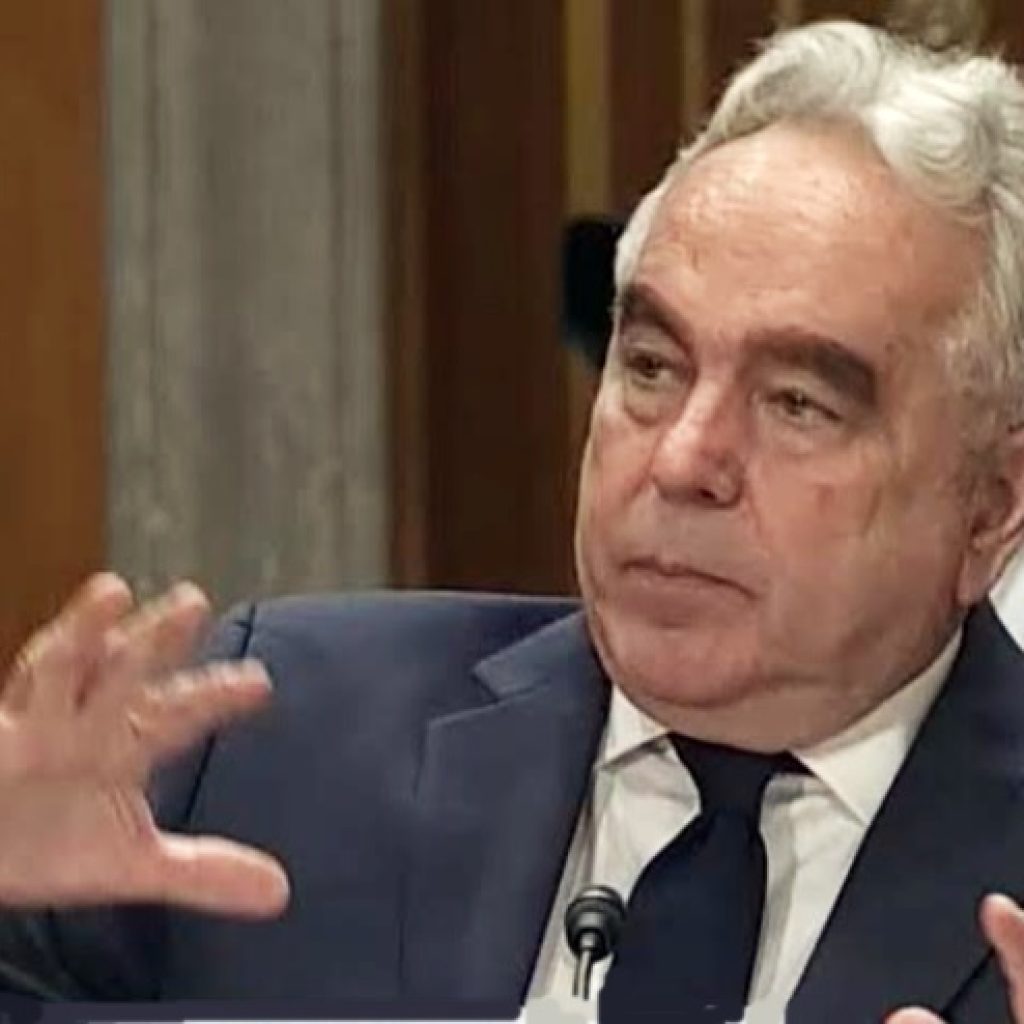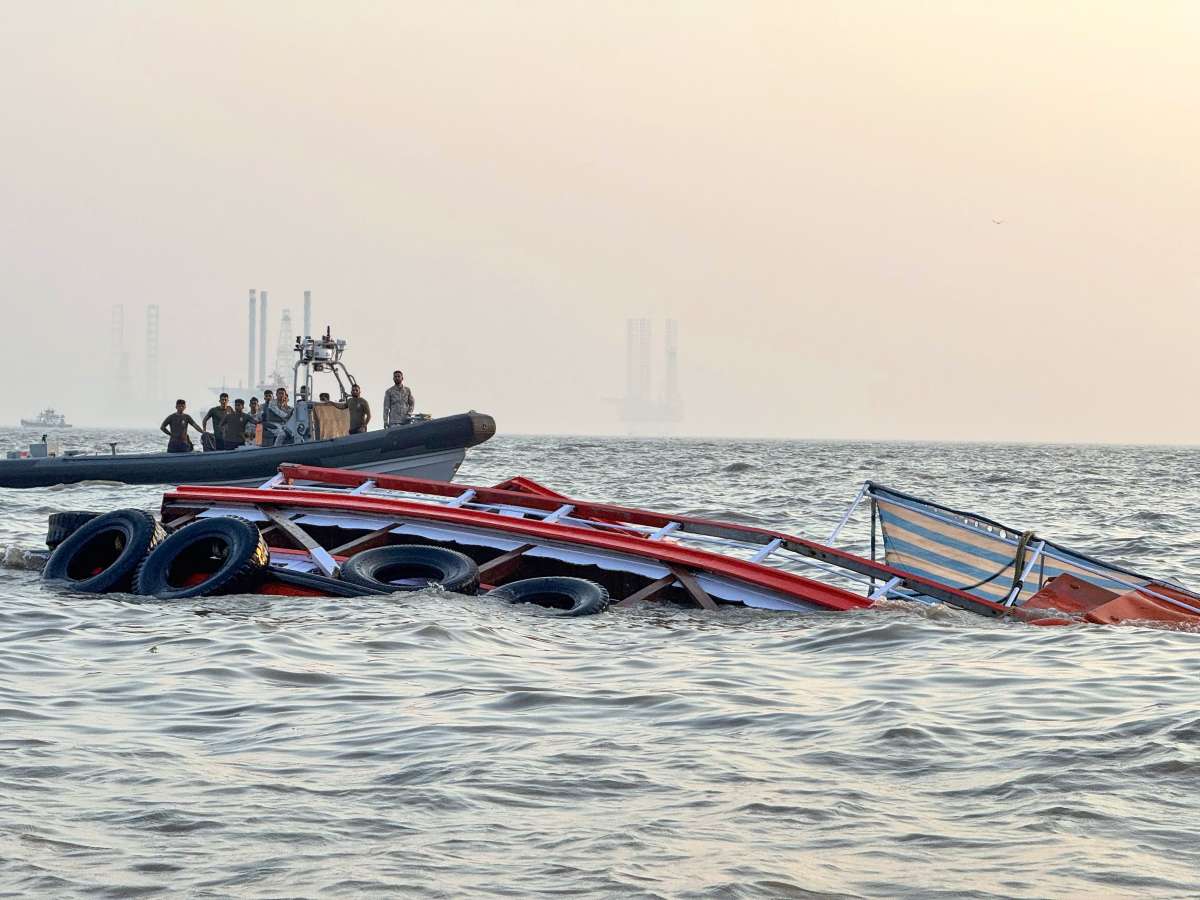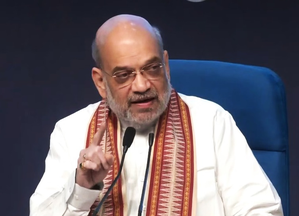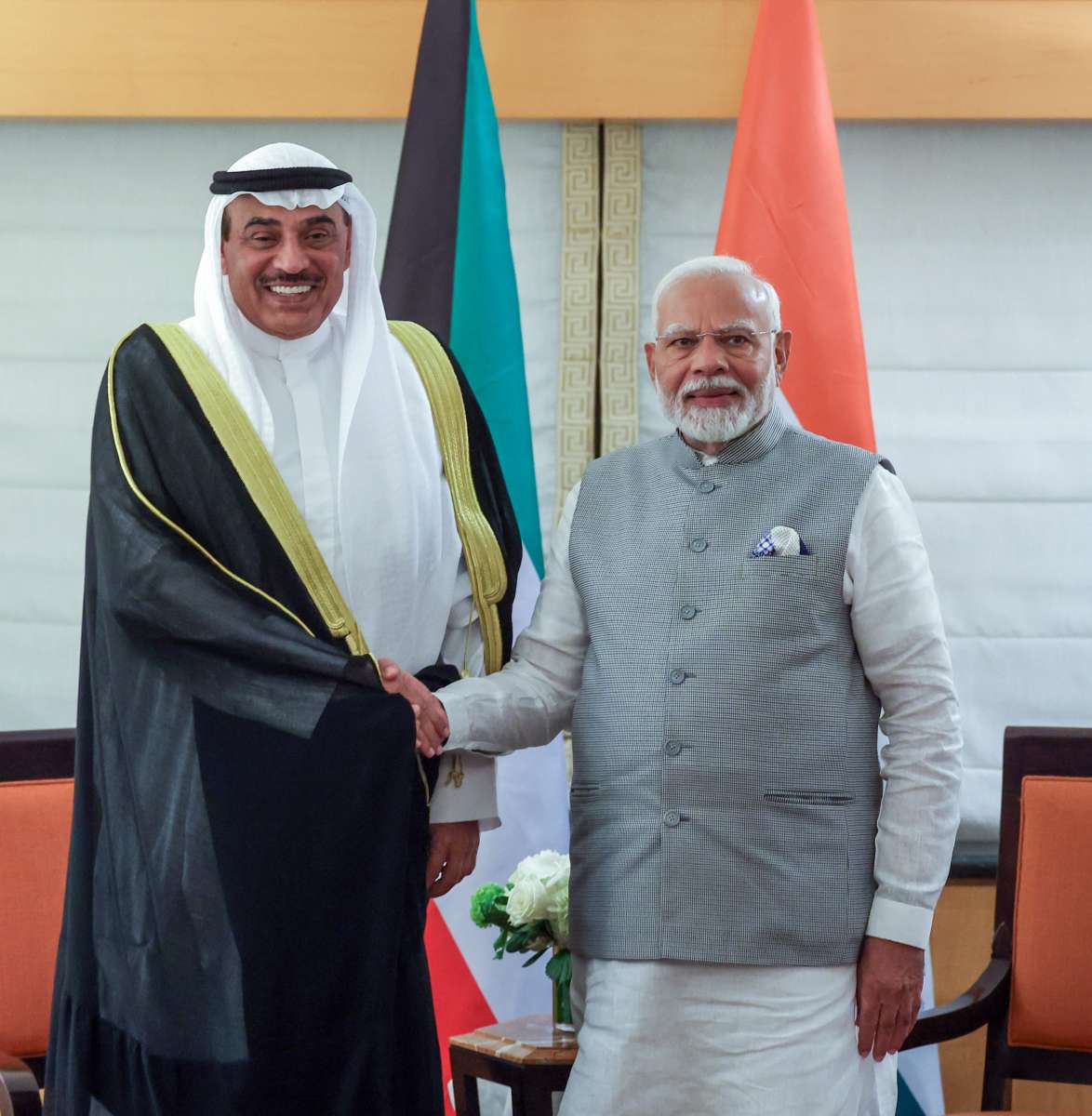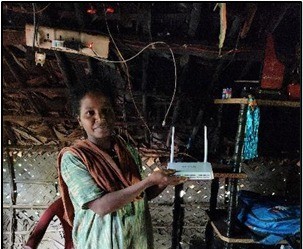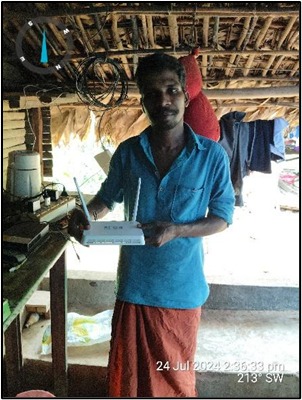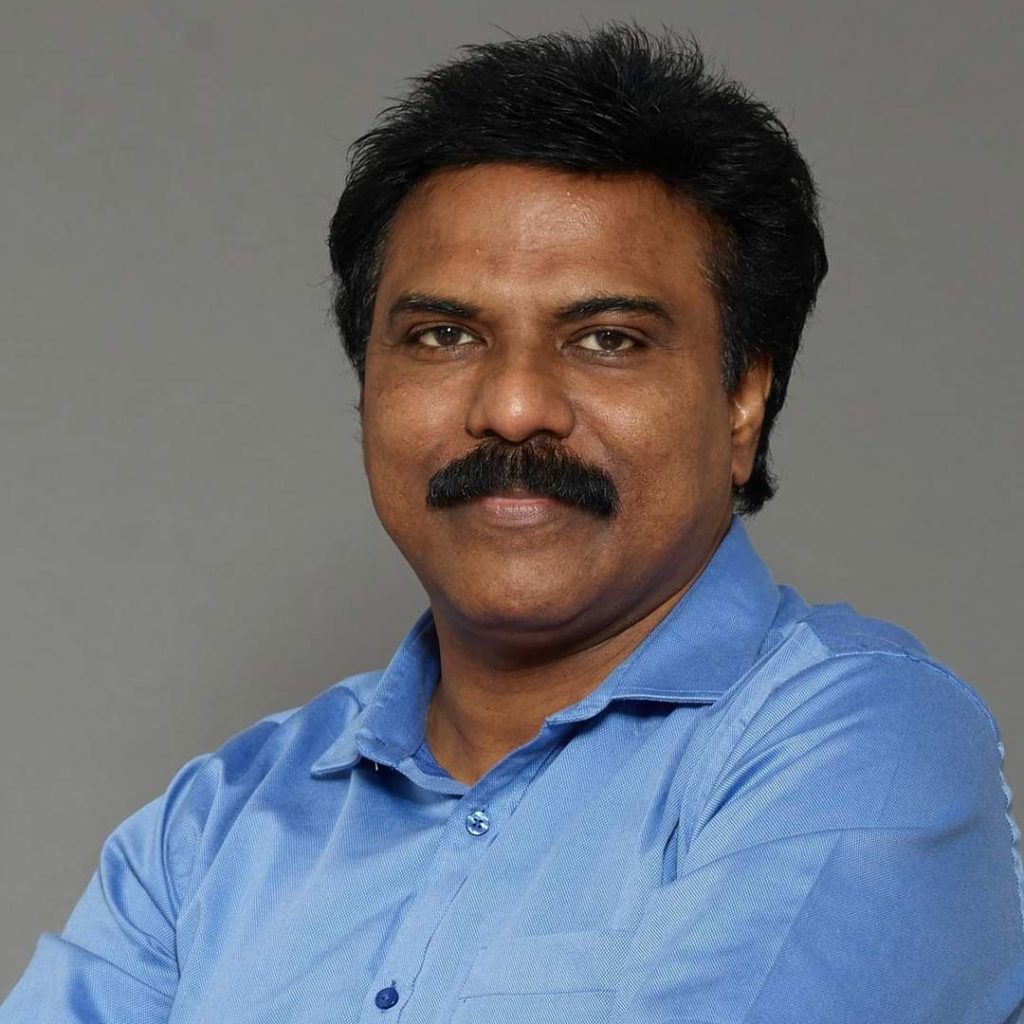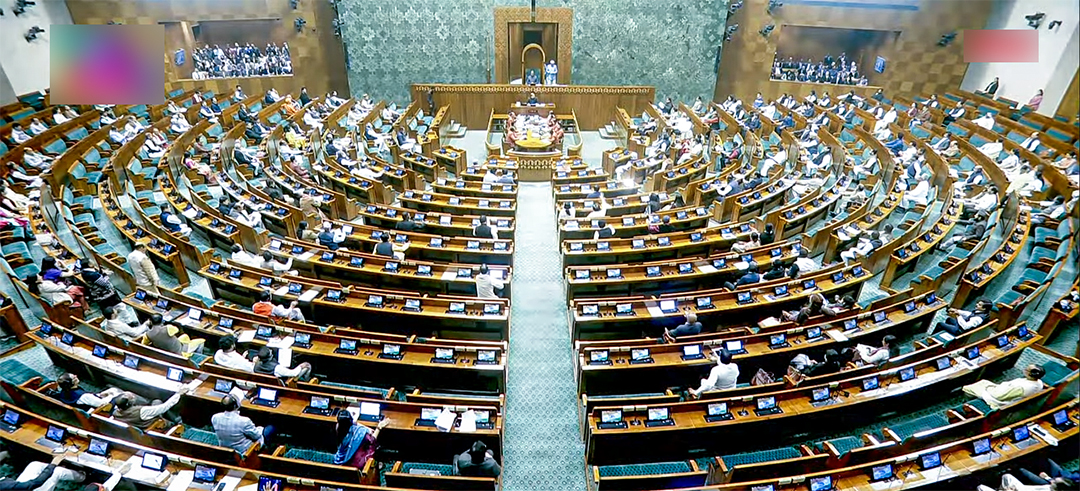Dissanayake reiterated Sri Lanka’s stated position of not permitting its territory to be used in any manner inimical to the security of India as well as towards regional stability…reports Asian Lite News
Sri Lankan President Anura Kumara Dissanayake on Wednesday labelled his three-day visit to India as quite “successful”, emphasising that he had “productive discussions” with the Indian leadership and business community during his trip which was also his first official foreign visit since assuming office in September.
“Returned last night after a successful 3-day official visit to India at the invitation of President Droupadi Murmu. Engaged in productive discussions with PM Narendra Modi, Indian ministers, and business leaders,” the Lankan President posted on X after returning home.
The delegation that accompanied Dissanayake also included Foreign Affairs, Foreign Employment and Tourism Minister Vijitha Herath, as well as Labour Minister and Economic Development Deputy Minister Prof. Anil Jayantha Fernando.
Later, while speaking in the Parliament, the Lankan President informed that his government has been able to reach an agreement with the International Monetary Fund (IMF) at the third review to raise the income tax threshold from Rs 100,000 to Rs. 150,000 per month.
“He also expressed firm confidence that the challenges faced in 2022 will not be repeated in the country’s future,” local media reported while highlighting Dissanayake’s speech in the Parliament on Wednesday afternoon where he also announced that the government aims to increase the nation’s foreign exchange reserves to USD 15.1 billion by 2028.
On Monday, after holding bilateral discussions with PM Modi at New Delhi’s Hyderabad House, the Lankan President asserted that his visit has paved the way for further development of cooperation between the two neighbouring countries.
“We faced an unprecedented economic crisis two years ago and India supported us immensely to come out of that quagmire. It has also helped us immensely after that, especially in the debt-free structuring process. I know that Sri Lanka secures a very significant place in the foreign policy of India. PM Modi assured us full support and he also assured us that he will always protect the territorial integrity and sovereignty of Sri Lanka,” said Dissanayake.
He had also reiterated Sri Lanka’s stated position of not permitting its territory to be used in any manner inimical to the security of India as well as towards regional stability.
“I have given an assurance to the Prime Minister of India that we will not allow our land to be used in any way in a manner that is detrimental to the interest of India. The cooperation with India will certainly flourish and I want to reassure our continued support to India,” the visiting Lankan President stated during the joint press conference.
While speaking at the State Banquet hosted by President Droupadi Murmu, he spotlighted that the bonds between Sri Lanka and India transcend diplomacy and geographical proximity as the bilateral relationship is civilisationally linked and defined by mutual respect, cooperation, and a shared destiny.
“The strength of our partnership lies in collective action. It is through collaborative efforts that we can address the new and evolving challenges that transcend borders, whether they be in addressing environmental concerns, combating terrorism, or ensuring economic growth that benefits all citizens globally. Sri Lanka remains committed to fostering deeper cooperation with India, as a leader of the global South, to harness the opportunities of the 21st century for future generations to thrive in an interconnected and interdependent world,” said Dissanayake.
On Tuesday, the Lankan President visited Bodh Gaya and paid homage at the Mahabodhi Temple and the sacred Sri Maha Bodhi tree, the site where Prince Siddhartha attained enlightenment, and received blessings.
“Bodh Gaya is one of the four main sacred sites associated with the life of Gautama Buddha, holding immense significance for Buddhists. In 2002, the Mahabodhi Temple in Bodh Gaya was designated a UNESCO World Heritage Site. The General Secretary of Maha Bodhi Society of India, Venerable Pelwatte Seewalee Thero, and the Head of the Sarnath Centre, Venerable Rathmalwala Sumiththananda Nayake Thero, extended blessings to the President during the occasion,” read a statement issued by the Lankan President’s office.
ALSO READ: Trump threatens reciprocal tax on India

